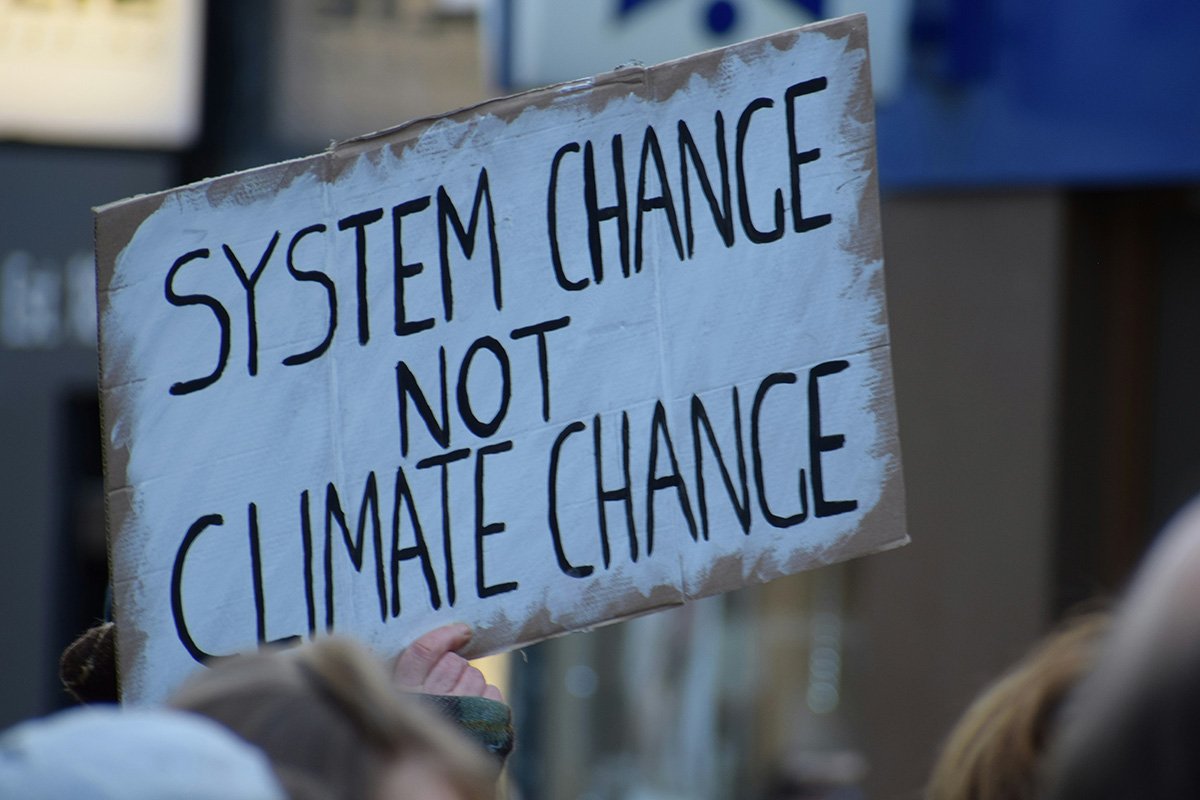
September 4, 2019; Indian Country Today
NPQ has reminded its readers repeatedly that care must be taken when allowing your organization’s name to be associated with a corporate brand. “But really,” you ask, “what could go wrong?”
Indian Country Today notes that Christian Dior’s inconceivably off-base campaign for its Sauvage scent was done in collaboration with a nonprofit called Americans for Indian Opportunity (AIO). AIO’s cofounder, LaDonna Harris, has already issued a statement in the wake of a social media and traditional media outcry, saying she regrets her participation and did not realize it would go so wrong.
The campaign’s launch two weeks ago featured actor and alleged spousal abuser Johnny Depp, who was adopted into the Comanche nation by Harris six years ago. It also featured videos of a fancy dancer and interviews from AIO. Most of that content has been taken down, but Dior has no plans to change the name of the fragrance and still has a commercial scheduled for filming using the same theme.
This is AIO’s “open letter” about the situation:
Americans for Indian Opportunity (AIO) deeply regrets its participation in the Dior campaign. We believed that we had an opportunity to reshape long-standing and damaging representations of Native peoples on an international scale. That did not bear out as we had hoped and intended, especially in Dior’s media and public relations campaign, in which we did not consult or have prior knowledge. AIO takes responsibility for our actions and has much to learn from this unfortunate set of events. AIO will work with allies to address this situation through the practice of our core values of relationships, responsibility, reciprocity and redistribution, AIO will continue to bring a consciousness to the non-Native public about the reality of Indigenous peoples today.
Sign up for our free newsletters
Subscribe to NPQ's newsletters to have our top stories delivered directly to your inbox.
By signing up, you agree to our privacy policy and terms of use, and to receive messages from NPQ and our partners.
A Washington Post article from August 30th quotes Harris as saying that she was proud of her organization’s collaboration. “The goals of Americans for Indian Opportunity (AIO) for providing consultations on media productions are to ensure inclusion of paid Native staff, artists, actors, writers etc., to educate the production teams on Native American contemporary realities and to create allies for Indigenous peoples,” she says. “AIO does not speak for all Native Americans. We are proud to have successfully achieved our goals of education and inclusion for this project with Parfums Christian Dior.”
We can only surmise what led to Harris’s change of heart but, in an op-ed published in Indian Country Today, IllumiNative, a nonprofit focused on challenging negative narratives, stories, and stereotypes about Native peoples, were very clear and unflinching about their objections:
Luxury brands have a long history of exploiting and appropriating Native imagery. Brands invite consumers to try on Native identities while making a profit, with little regard for the impact of their actions.
The “Sauvage” advertising campaign released by Dior is deeply offensive, racist, and cultural appropriation at its worst. The promise of Dior’s campaign, “An authentic journey deep into the Native American soul in a sacred, founding and secular territory” is instead an example of how a “well-intentioned” collaboration can be done in an exploitative and racist manner.
There are many ways in which Dior erred, including their choice to cast Johnny Depp as the face of the campaign, an actor who portrayed a Native character in a film so offensive that Native actors and crew walked off the set. Their choice of language is the most telling—while claiming to “honor” Native people, the company used “sauvage,” a racist slur used to describe Native peoples throughout history. This word was used as justification for genocide, forced relocation and assimilation, and violence and discrimination against Native peoples. Their “good intention” is outweighed by their impact.
Ugly.—Ruth McCambridge










